(srpski) Momir Stojanović na “crvenoj” poternici Interpola

Sorry, this entry is only available in srpski.


Sorry, this entry is only available in srpski.

 Interpol has issued ‘red notices’ for 17 former members of Serbian forces, including a ruling party MP, over allegations that they committed war crimes in Kosovo in April 1999.
Interpol has issued ‘red notices’ for 17 former members of Serbian forces, including a ruling party MP, over allegations that they committed war crimes in Kosovo in April 1999.
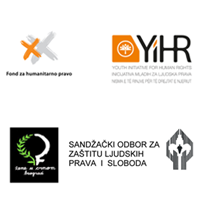
Sorry, this entry is only available in srpski.
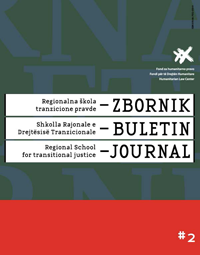
 The selected papers written by the second generation students of the Regional School for Transitional Justice have been gathered in the second issue of the Journal of Papers. The students’ papers have been grouped according to the main Transitional Justice topics– from analyses of war crimes trials, victims’ rights to reparation, and the role of the media in the reconciliation process, to analyses of current endeavours aimed at the acknowledgement of the right to truth about the crimes committed in the past.
The selected papers written by the second generation students of the Regional School for Transitional Justice have been gathered in the second issue of the Journal of Papers. The students’ papers have been grouped according to the main Transitional Justice topics– from analyses of war crimes trials, victims’ rights to reparation, and the role of the media in the reconciliation process, to analyses of current endeavours aimed at the acknowledgement of the right to truth about the crimes committed in the past.

 On the occasion of celebrating the seventh anniversary of the independence of Kosovo, President Atifete Jahjaga awarded medals to individuals, who gave extraordinary contribution to the development of Kosovo in various time periods and in various fields.
On the occasion of celebrating the seventh anniversary of the independence of Kosovo, President Atifete Jahjaga awarded medals to individuals, who gave extraordinary contribution to the development of Kosovo in various time periods and in various fields.
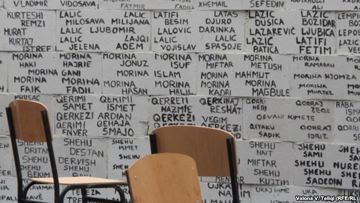
The Initial Report by Serbia on the Implementation of the International Convention for the Protection of All Persons From Enforced Disappearance (Convention) was discussed at the session of the United Nations Committee on Enforced Disappearances (Committee) held on February 4th and 5th, 2015 after which the Concluding Observations related to the implementation of the Convention and recommendations for further actions for the purpose of its adequate implementation were announced.
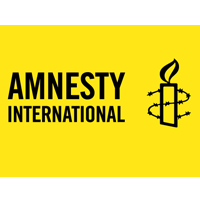
 Amnesty International welcomes the Concluding Observations of the Committee on Enforced Disappearances, published last Friday, following their consideration of Serbia’s initial report on its implementation of the International Convention for the Protection of All Persons from Enforced Disappearance.
Amnesty International welcomes the Concluding Observations of the Committee on Enforced Disappearances, published last Friday, following their consideration of Serbia’s initial report on its implementation of the International Convention for the Protection of All Persons from Enforced Disappearance.
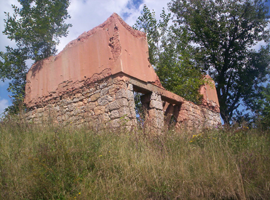
 February 18, 2015 marks the 22nd anniversary since the Yugoslav Army’s attack on the village of Kukurovici near Priboj, where the elderly Uzeir Bulutovic, Musan Husovic and Fatima Sarac were killed. To date, the institutions have not identified the perpetrators, nor have the victims’ families received the status of civilian victims of war.
February 18, 2015 marks the 22nd anniversary since the Yugoslav Army’s attack on the village of Kukurovici near Priboj, where the elderly Uzeir Bulutovic, Musan Husovic and Fatima Sarac were killed. To date, the institutions have not identified the perpetrators, nor have the victims’ families received the status of civilian victims of war.

Sorry, this entry is only available in srpski.